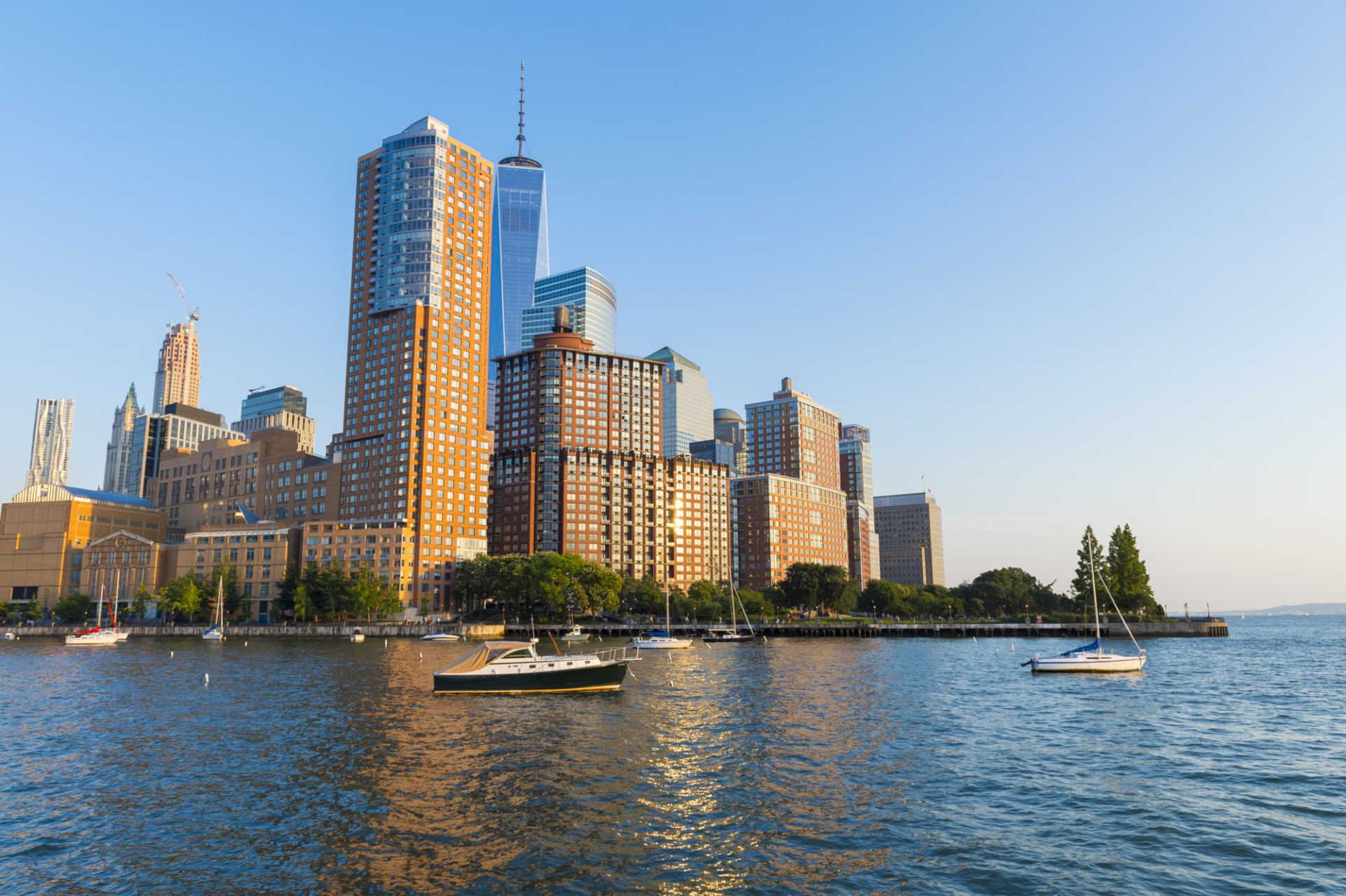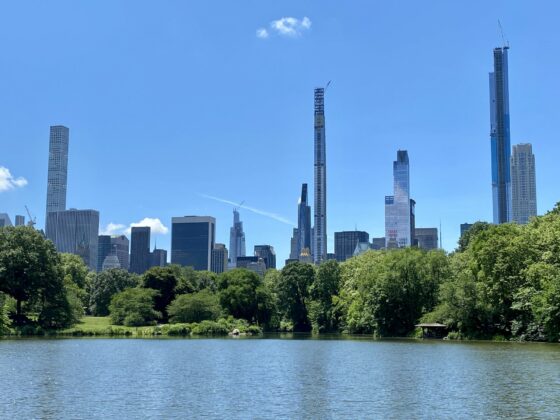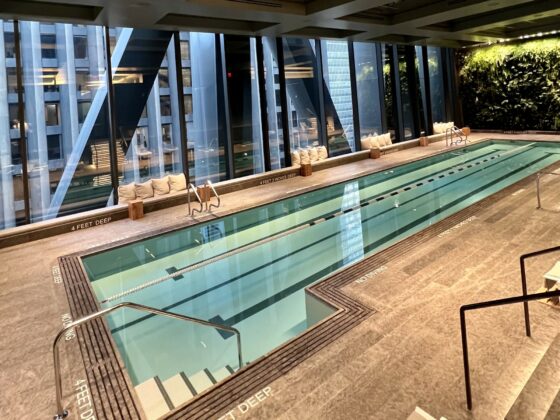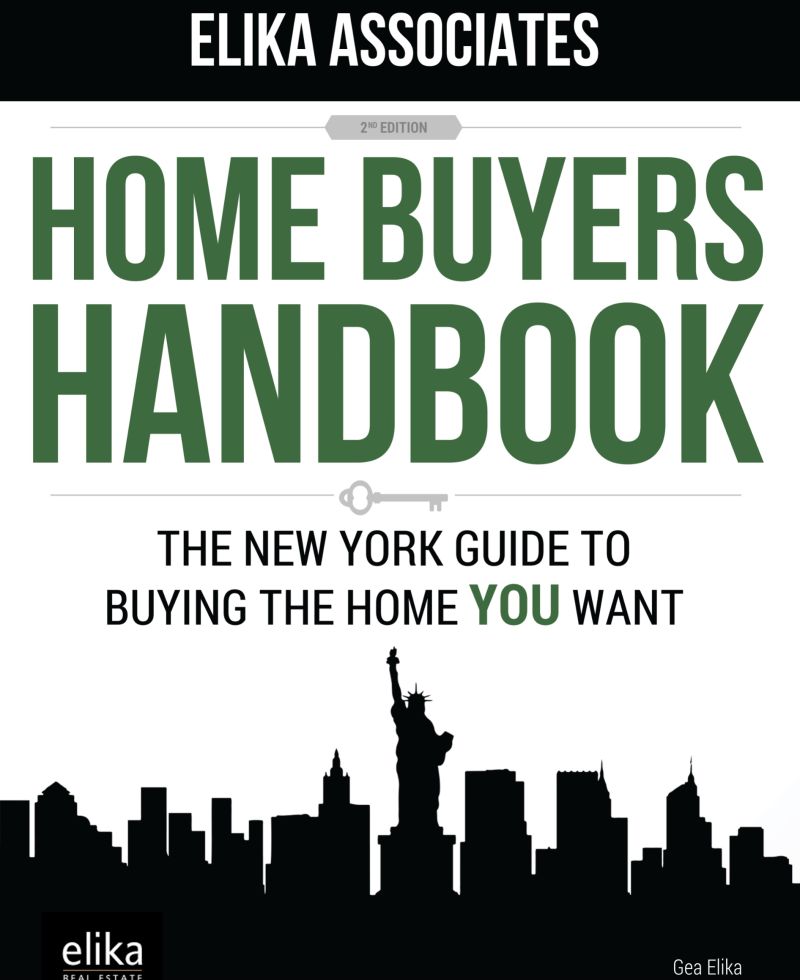Table of Contents Show
If you’ve ever gone shopping in New York City for a co-op or condo, you may have heard that some are on a land lease. A small fraction of residential buildings in New York (mostly in Manhattan) sits on land-lease ground that does not belong to the building. These properties are attractive because they typically sell less than similar properties without a ground lease, usually 20-30% less. However, they present risks and require diligent research before making any final decision.
Land-Leases in New York CityLand-Leases in New York City
A land lease in NYC is usually for 99 years, with two 20-year extension options. , It’s usually wrapped into maintenance fees and distributed according to the number of shares allocated to each unit. Condo, co-op, or cond-op buyers pay for a part of this lease when they purchase.
If you see an apartment priced as 20% below similar homes, the ground under the building is likely a land lease. It mIt is forcefully evicting the co-op, condo, or condop. It means higher monthly maintenance fees, and chances are a portion of these are not tax-deductible. In some instances, if a lease ends, the building can revert to the owner.
However, if that lease still has a long way to go or it’s on government land, there may be little to worry about. In general, it would be advised not to buy a land leased property that is not on government land. As you’ll see, who owns the land plays a big part in deciding whether a purchase is risky or not.
Ground Leases on Government LandGround Leases on Government Land
It is known that all of Battery Park City is on a land lease. Why do apartments there have such high monthly charges? The entire neighborhood is owned and managed by the Battery Park City Authority. In return, property taxes do not need to be paid because of their government agency status. Instead, a “pilot payment” is made towards the neighborhood’s maintenance and improvement.
Since the Battery Park Authority is a not-for-profit agency, there is little risk of renewing land leases with reasonable terms.
Ground Leases with Not-For-Profit OrganizationsGround Leases with Not-For-Profit Organizations
The Roman Catholic Church is one of the biggest private landlords in New York City. Along with their religious buildings’ land, they also lease land for condos and co-ops. However, because they are a not-for-profit organization, the chances are low that you will have a problematic landlord when renewing the lease.
In general, not-for-profit organizations present lower risks with renewing a lease. However, you should still be cautious if less than 20 years remain on the land lease.
Land-Lease Buildings with Private LandlordsLand-Lease Buildings with Private Landlords
When it comes to private landlords, this is where it can get tricky. The price of a land lease can step up overtime at fixed intervals. The language in the lease will state how much this increase can be. If this is not n the agreement, you risk significant cost increases with little notice.
What Happens When a Land-Lease Expires Without Renewal?What Happens When a Land-Lease Expires Without Renewal?
Should this happen, will the entire structure, along with anything added by a tenant, become forfeit? Purchasing a co-op on a land lease means you buy equity ownership, not real property. Should a land lease not be renewed, the shares will plummet to zero for the shareholders — the reason why the value of land-lease properties in NYC depreciate as the land-lease matures.
The co-op or condo board knows they will be in for tough negotiations with a private landlord for renewal once that time comes. The more residents it has, the less likely it is to refuse a land ease renewal. However, there is less leverage and a higher risk involved with private owners.
With proper research, a land-lease property can be a great deal, but approaching the end of that lease, be aware of the risks involved, especially with private landlords.








